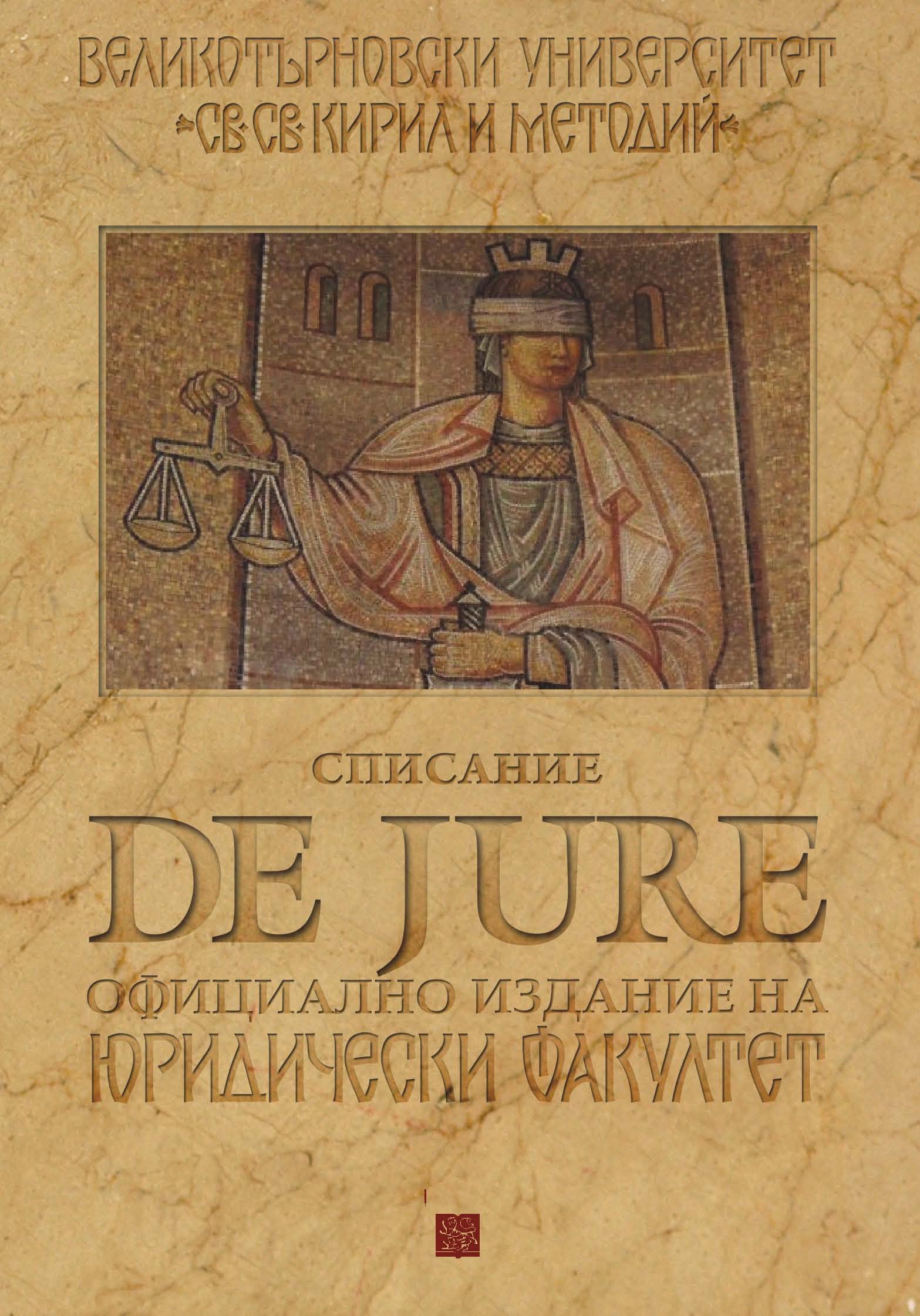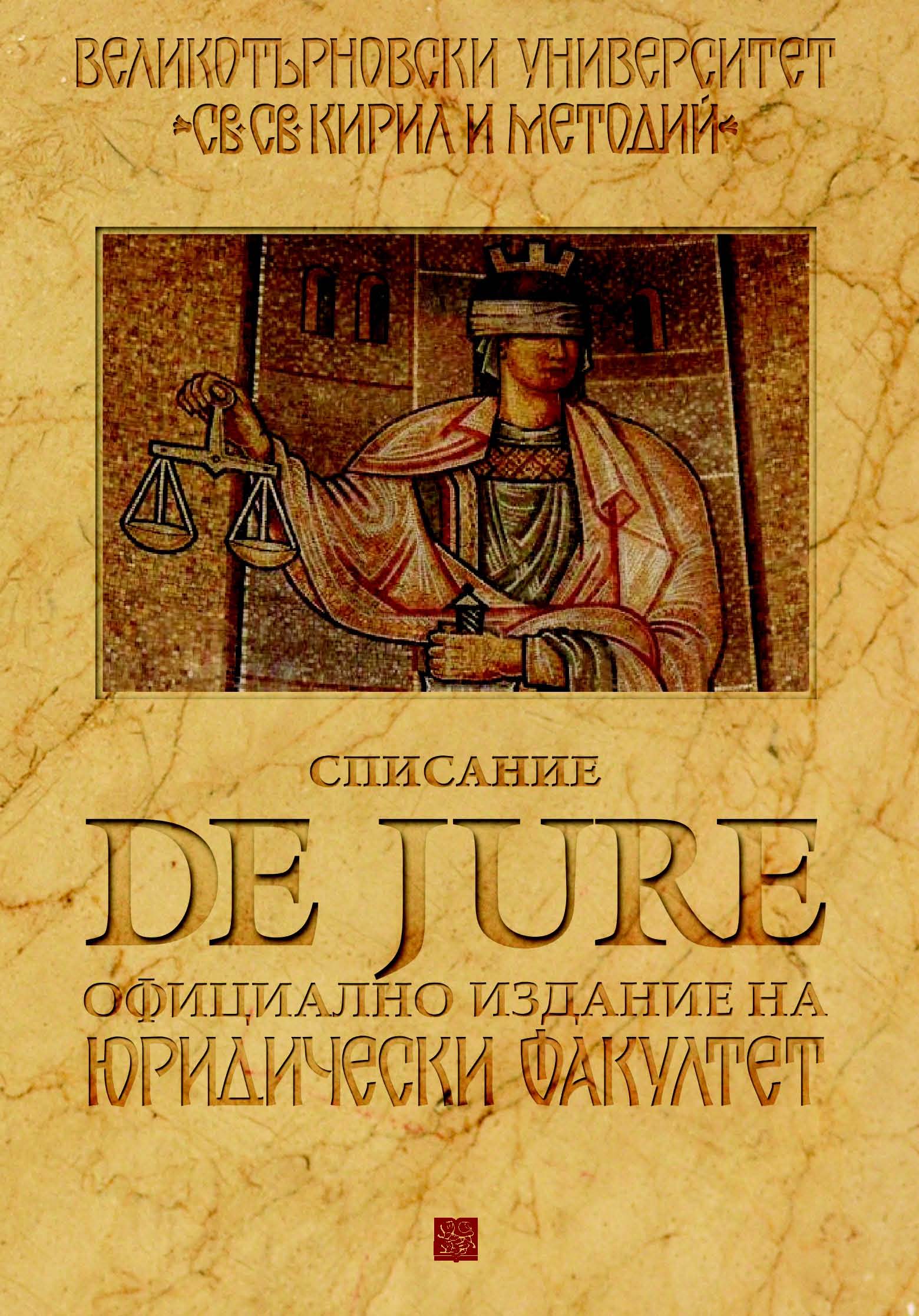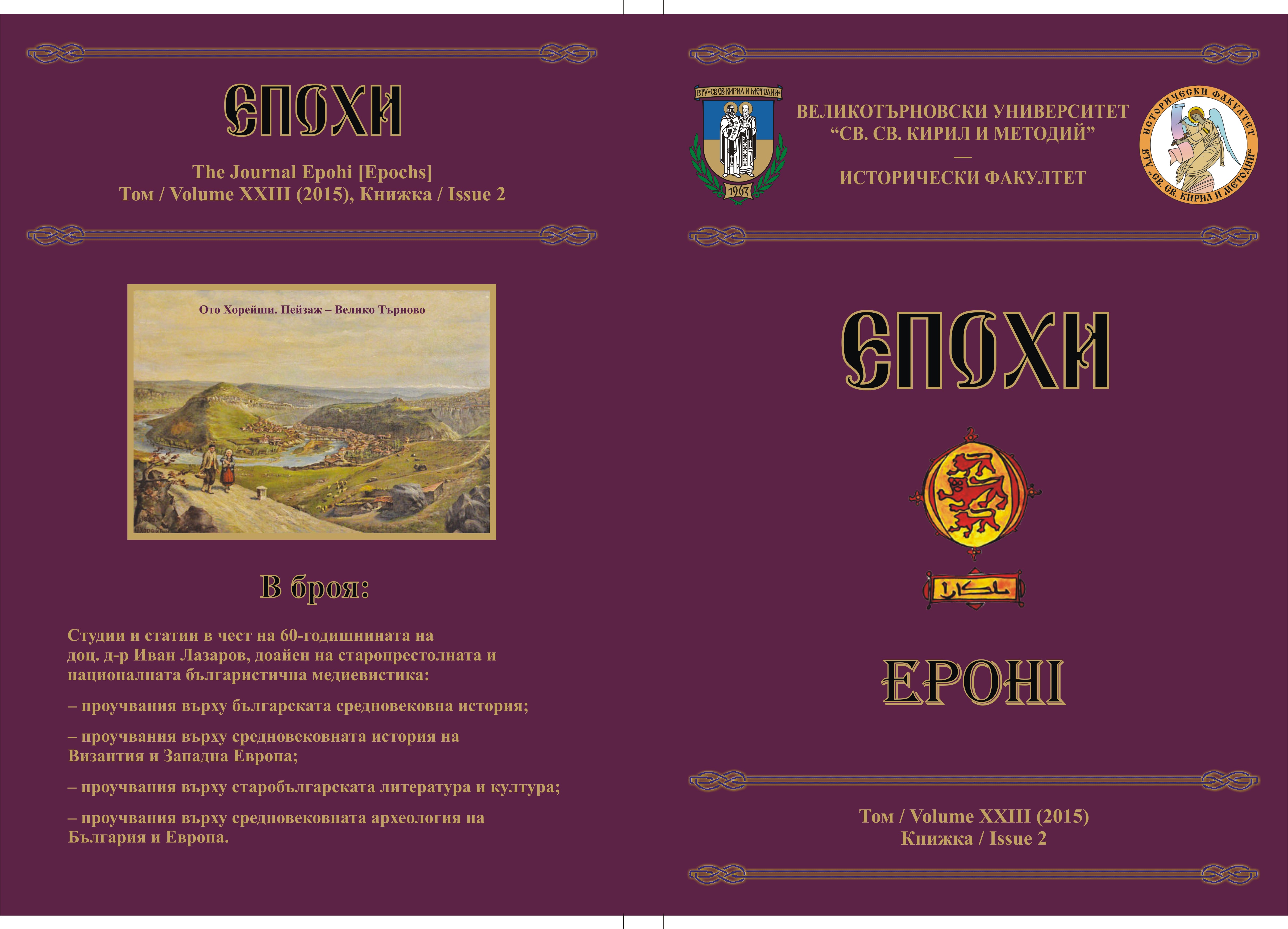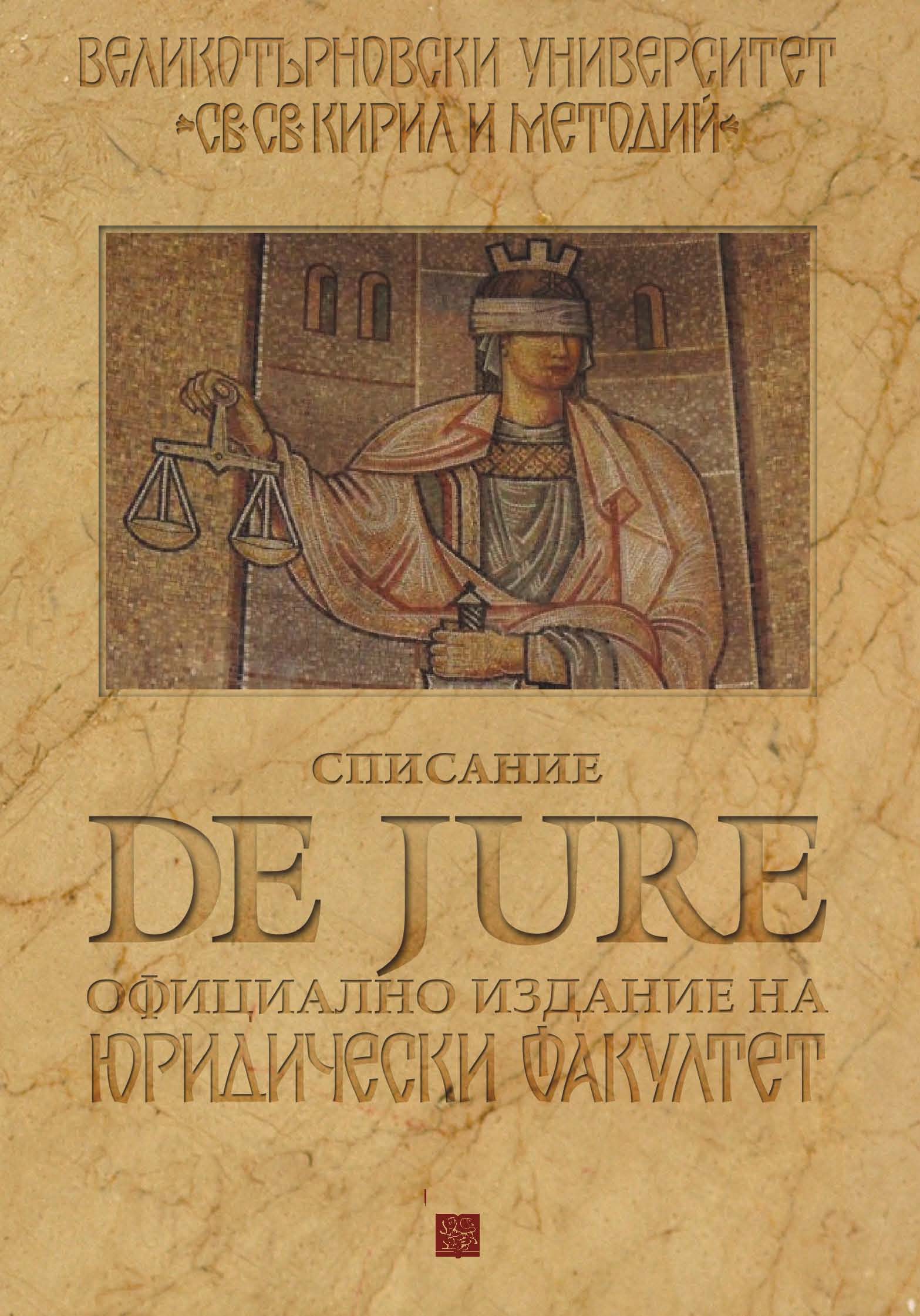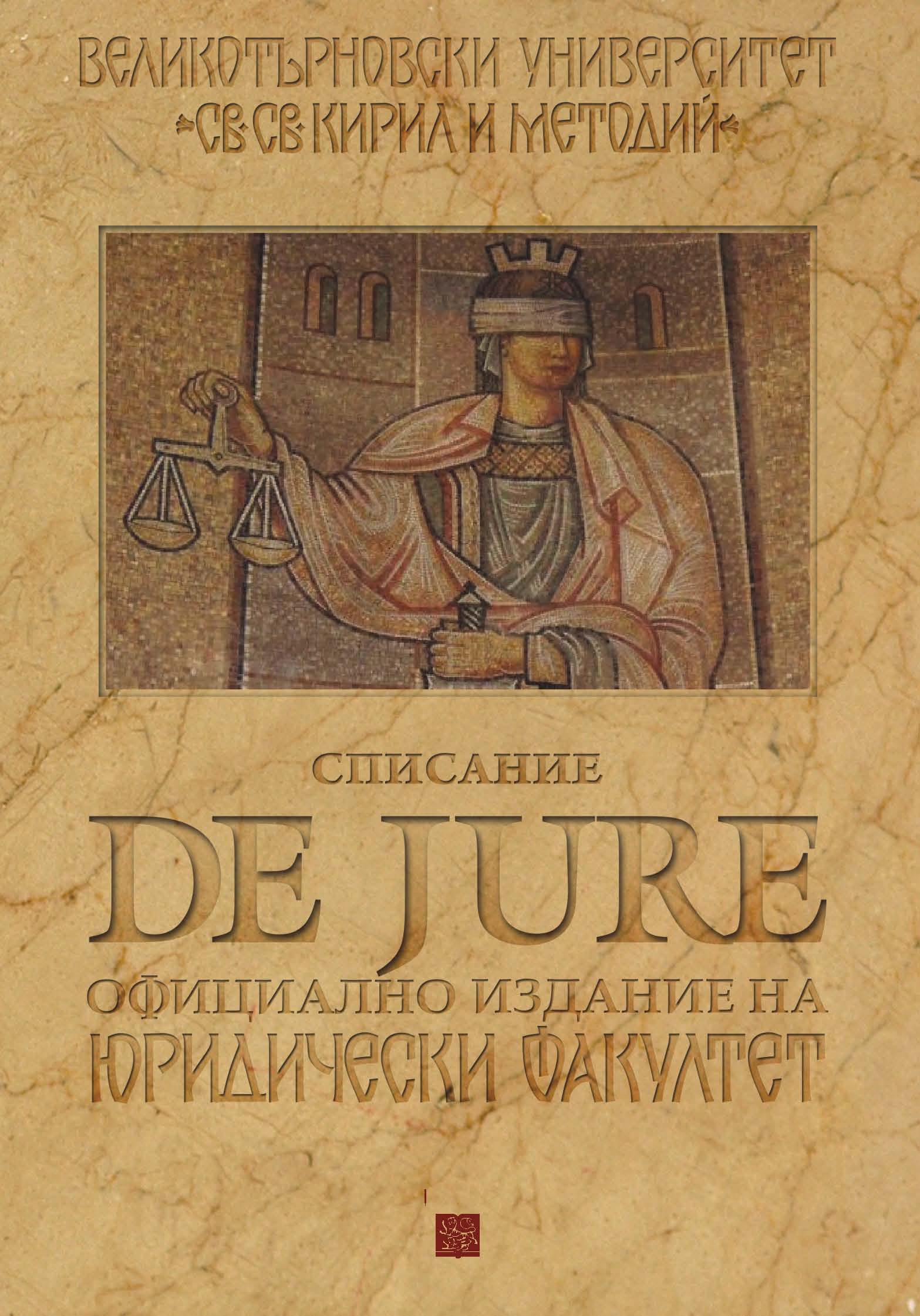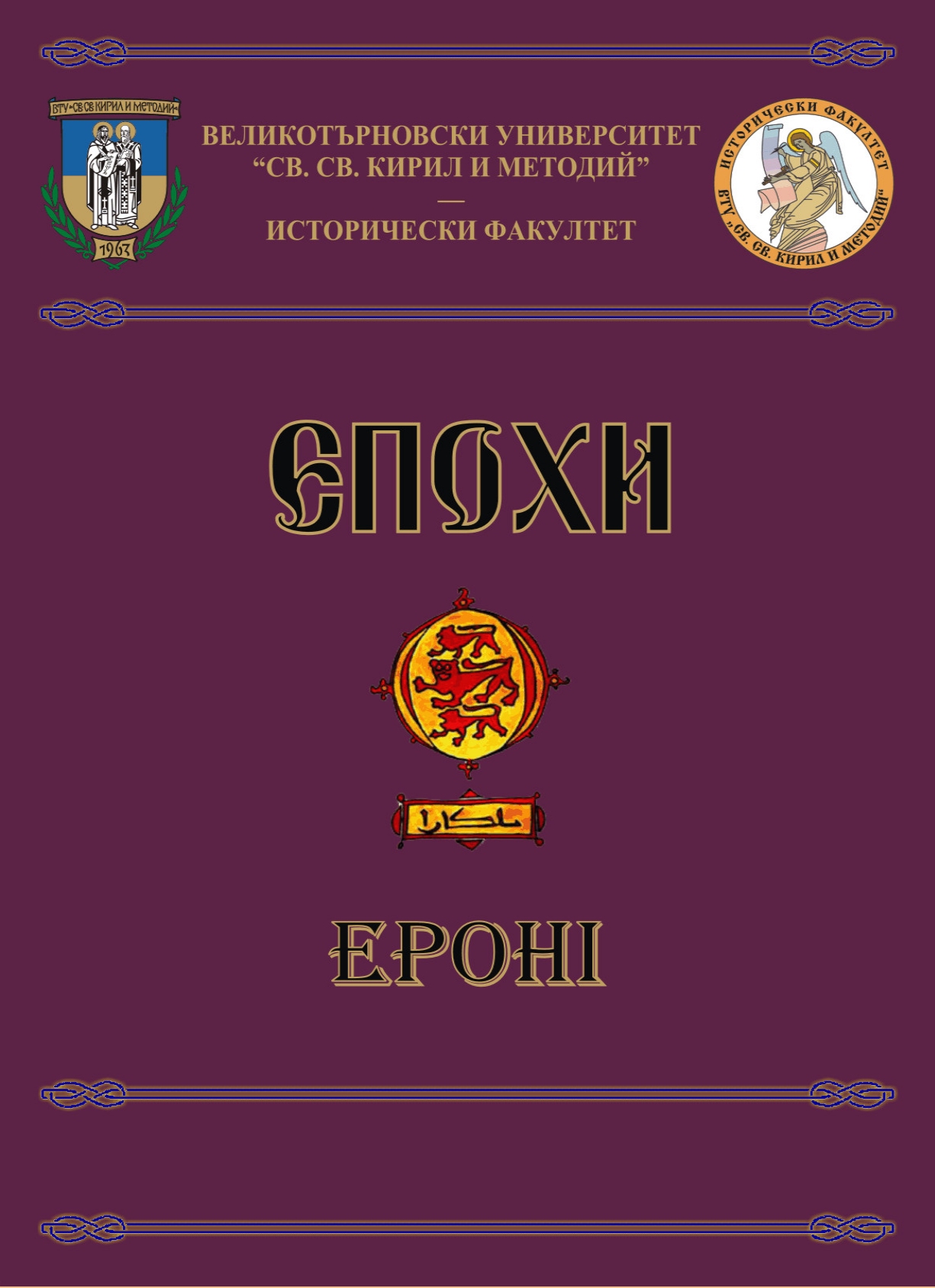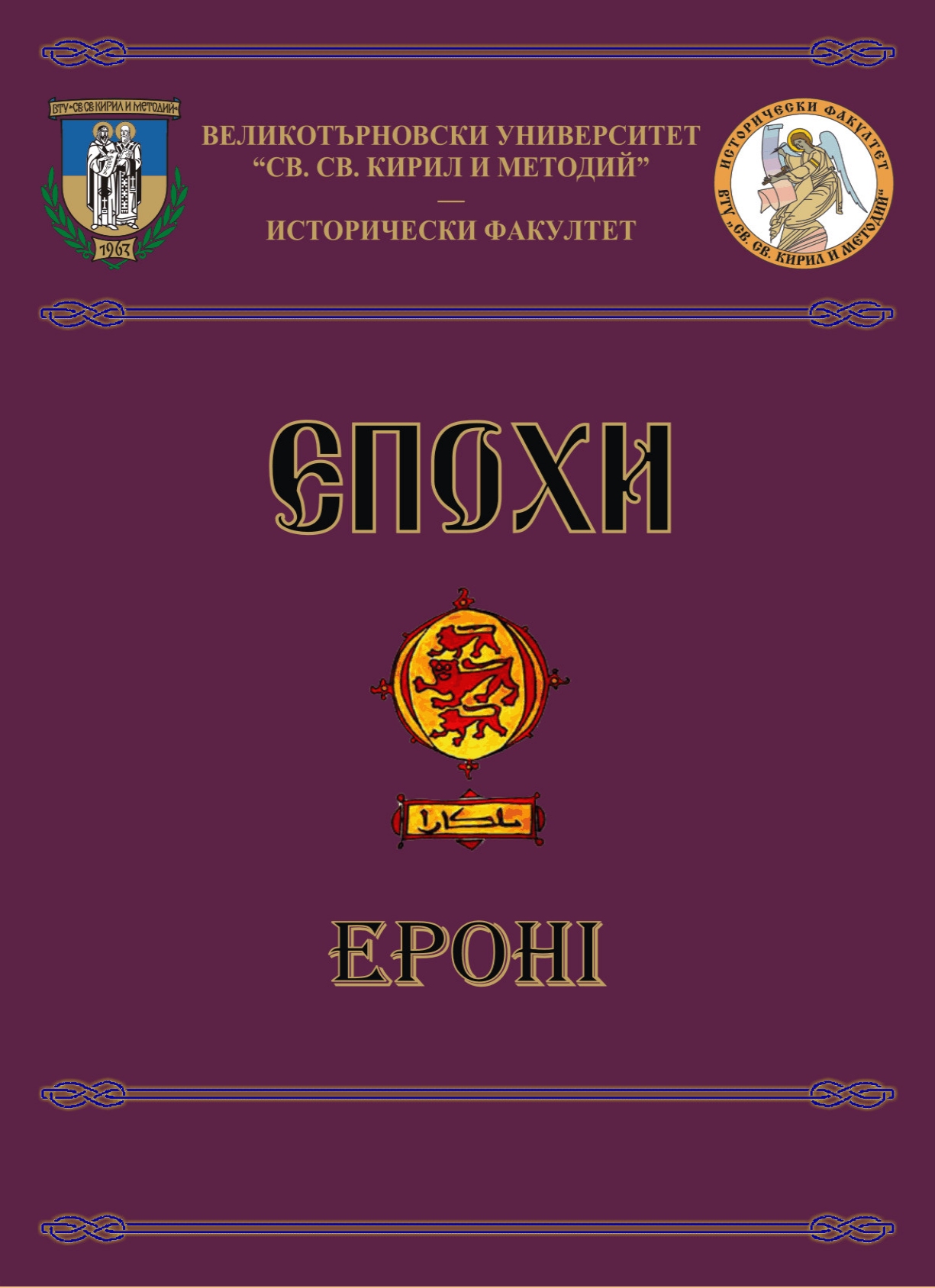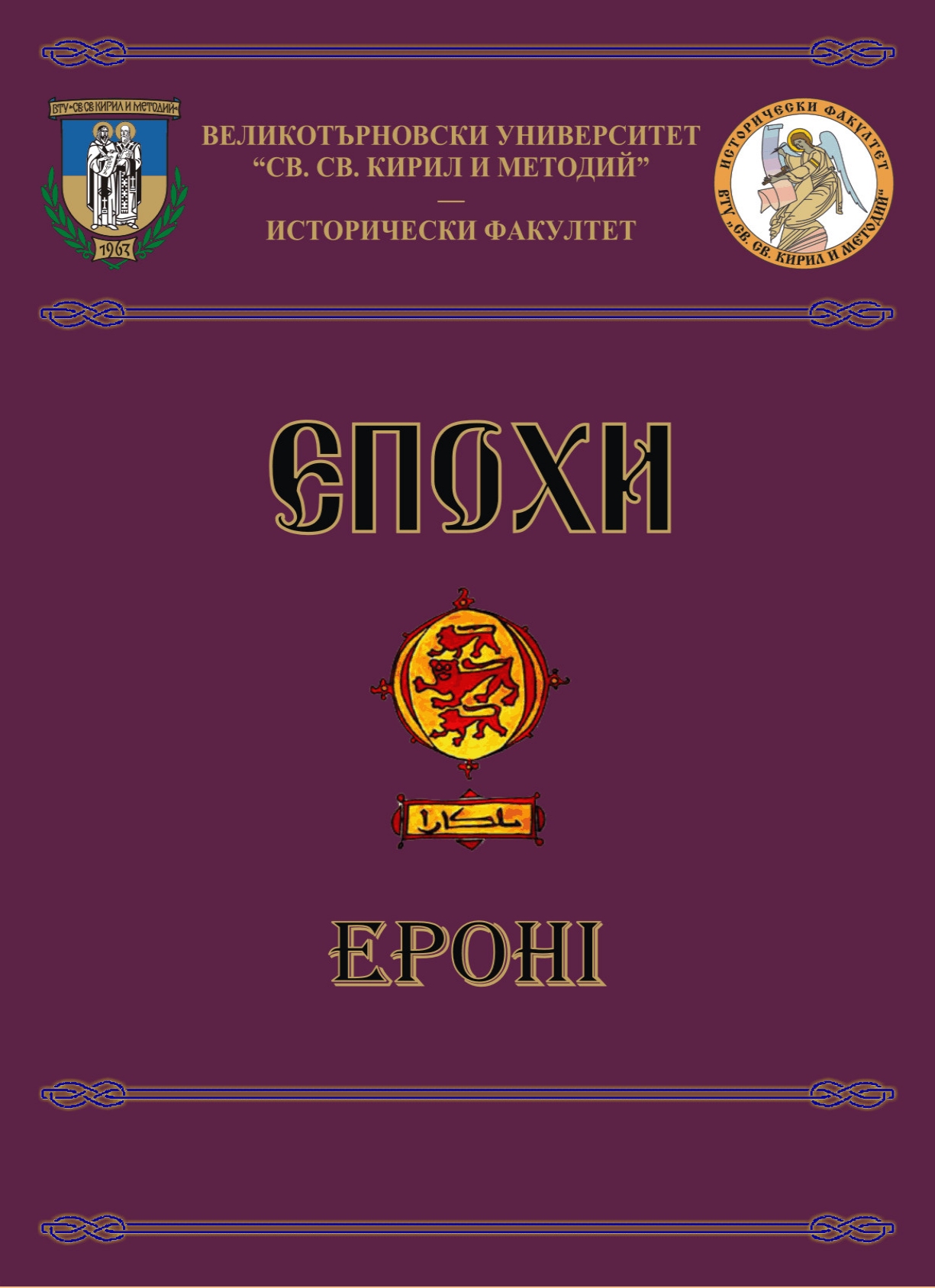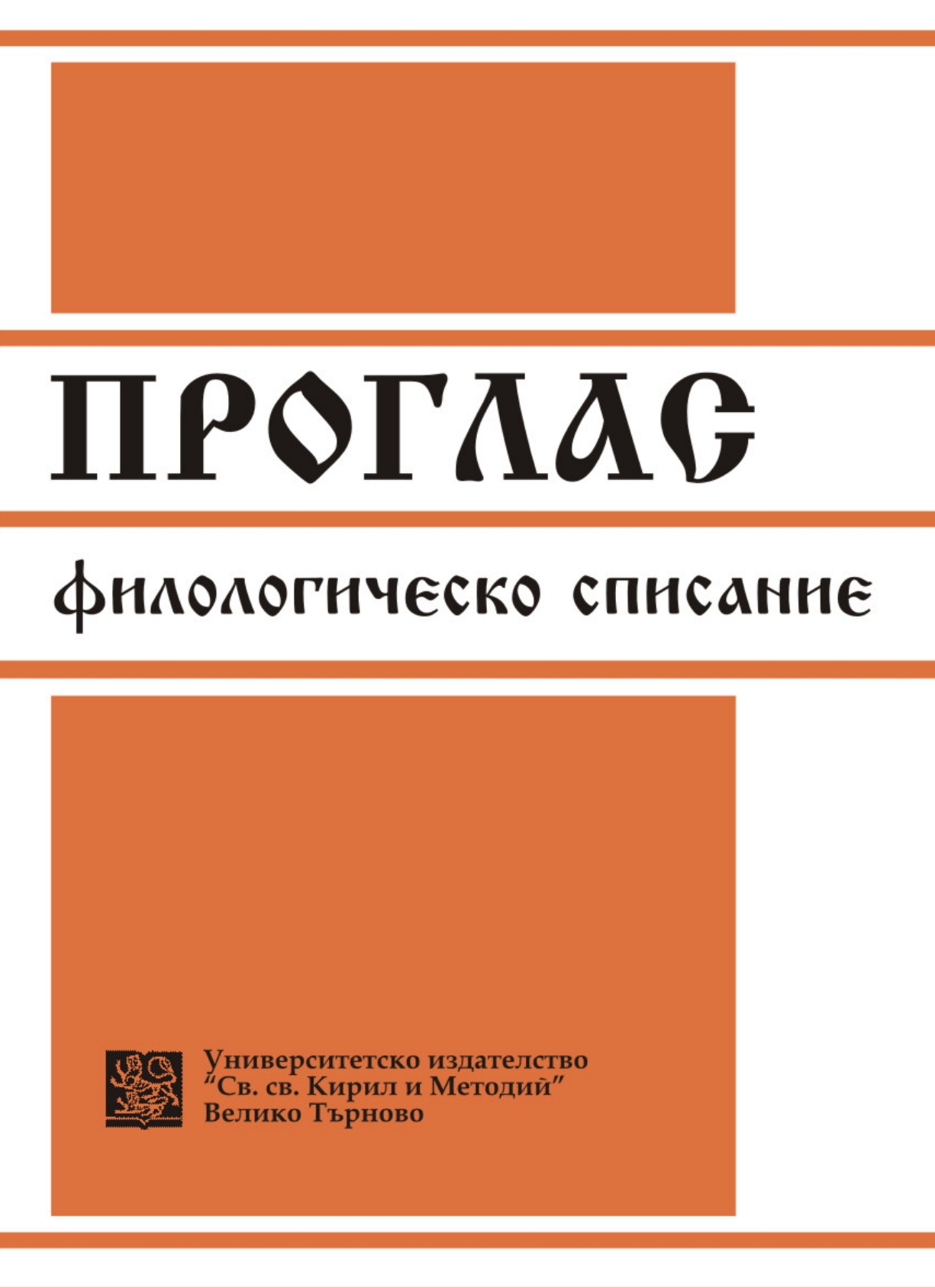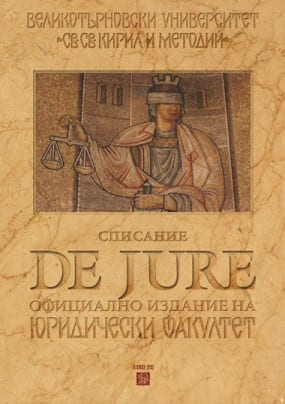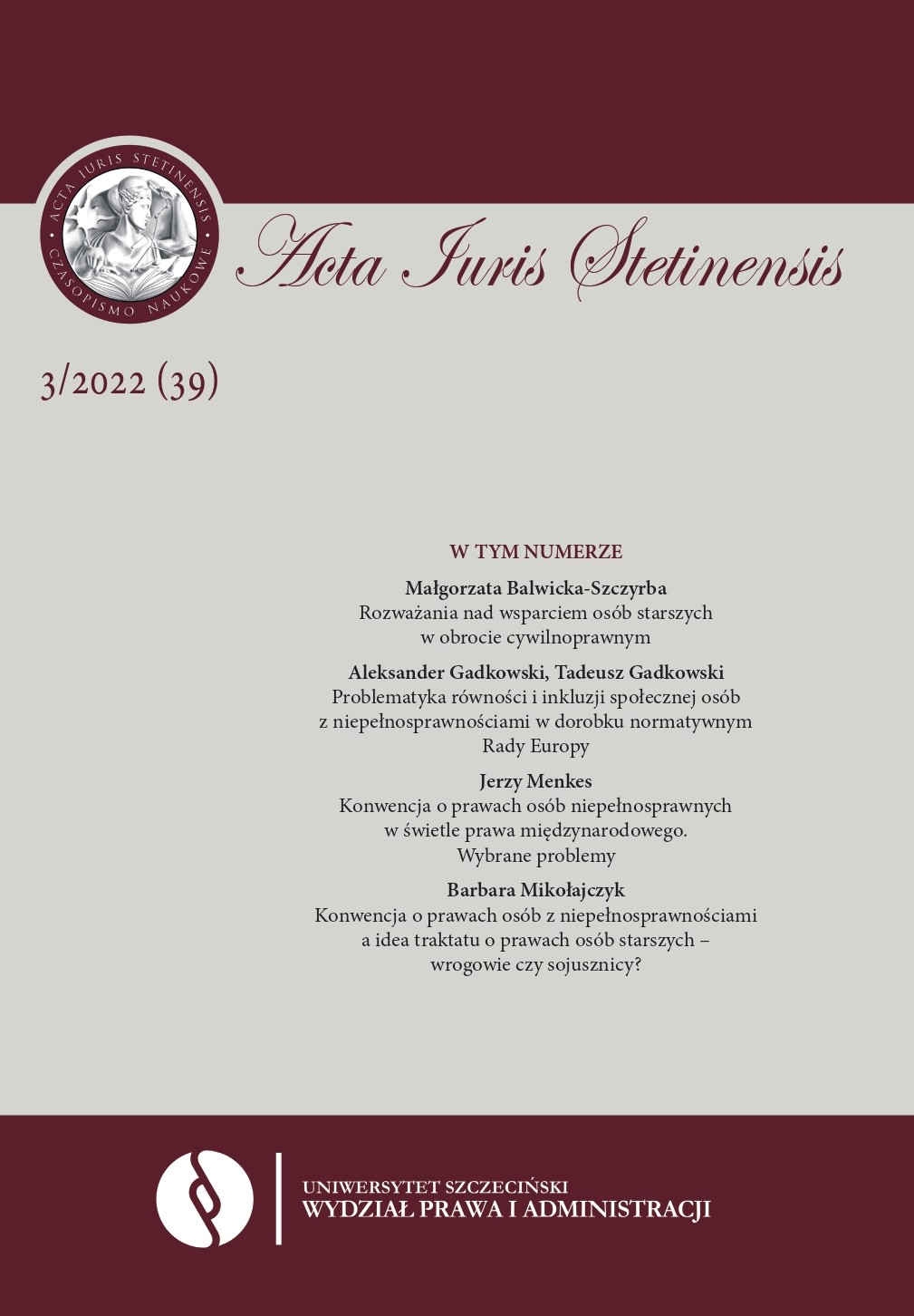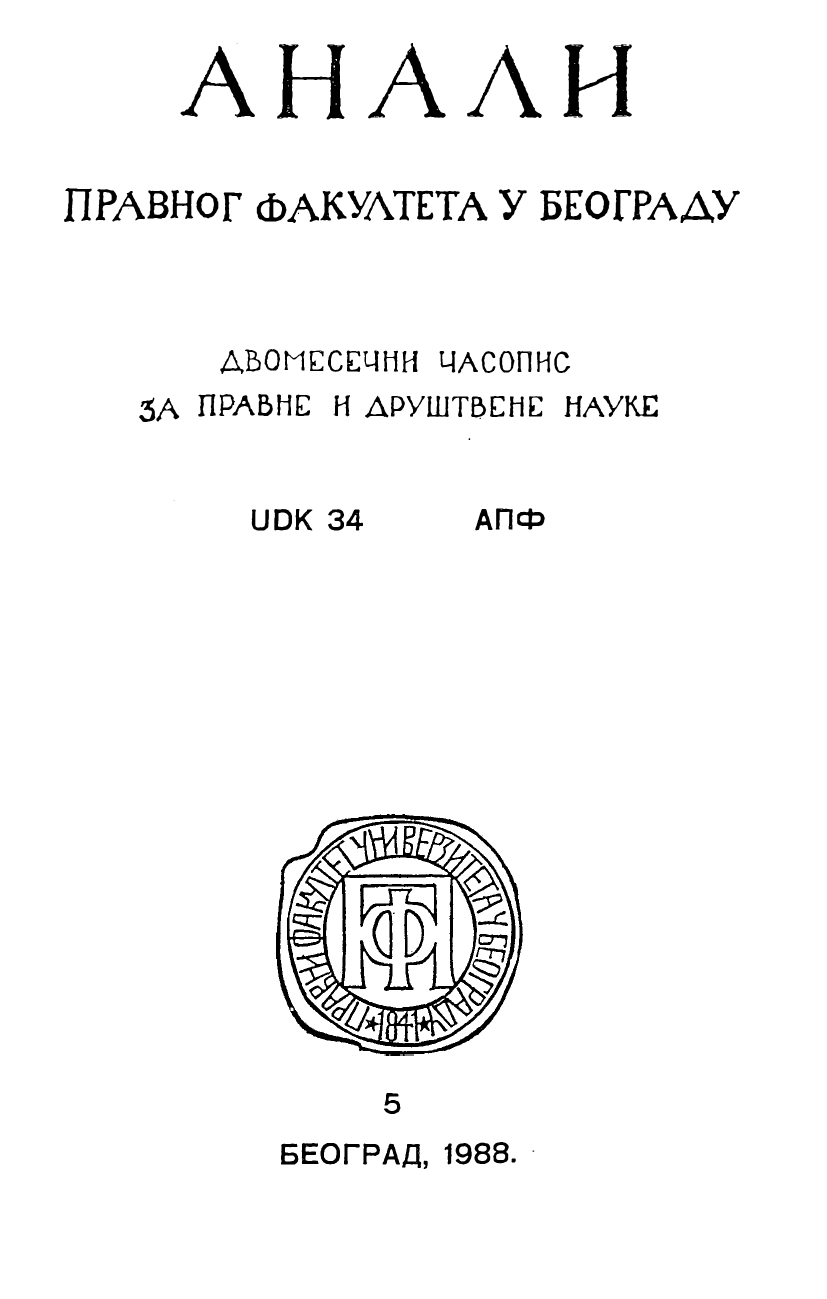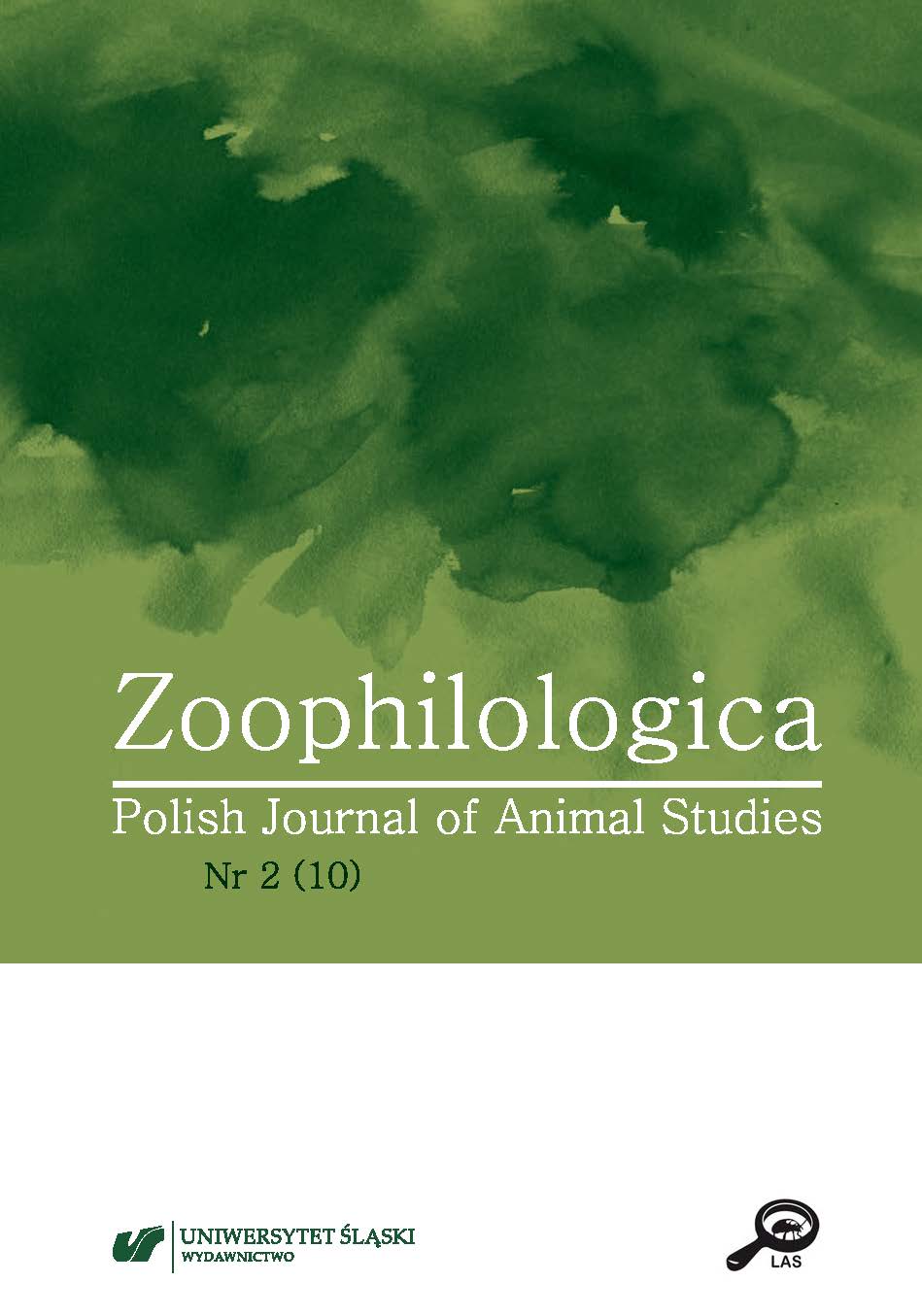Author(s): Vojin Dimitrijević / Language(s): Serbian
Issue: 5/1988
So far it has been impossible to define terrorism. Some believe the definition to be unattainable, while others (e.g. Laquer) write long boocks on „terrorism” without even attempting to determine the subject of their research. In the United Nations and other international organizations representatives of member states have hotly discussed terrorism since 1967 showing quite clearly that they think of different phenomena. The principal explanation is, probably, the impossibility of walue-free discussion of terrorism, which, in turn, breeds hypocrisy. While, in previous times, some political activists admitted that they were at least considering „terrorist” means, in the recent past, with the hounourable exception of Carlos Marighella, „terrorism” is a pejorative, which .cannot be accepted as a label for oneself or one’s friends. It seems to be generally accepted that, „terrorism” is something bad or wrong. This has been an explicit or implicit part of all definitions adopted by diverse legislators. Criminal law definitions of terrorism cannot serve as a useful guidance because they are too narrow in comparison with the „ordinary” meaning of the word and cover only such acts that are directed against a given state or its interests.. International treaties generaly do not refer to „terrorism” at all and tend to suppress certain behaviour, be it „terrorist” or not (e.g. skyjacking). One can therefore refer only to some elements of terrorism, widely believed to be its main ingredients. A terrorist act is intended to provoke 'fear or other psychological reactions. A terrorist act is an act of violence. The target of violence (the victim) is as a rule a human being or a group of them, but it can be a symbolic lifeless object. The psychological reaction is created, not in the mind of the victim, but in the minds of other people, in order to make them passive or more active, as the case may be (the real target of terrorism). An act of terrorism has a political aim. The result in the -minds of the target should bring about some change or preserve the political status quo. It must be noted that a number of serious scholars and representatives of Third World governments have challenged this proposition. The former question the clarity of the concept of the „political” and give examples of non-political terrorism (e.g. „narco-terrorism”), whereas the latter have attempted to show that non-political terrorism is more heinous then politically motivated violent deeds. The most elusive element of terrorism is its „extra-normal” (Thornton) character. It is, namely, an unusual, shocking act. It would be easy to say that it was „illegal”, but for the sad fact that many states may legitimize or criminalize whatever they see fit. Finally, there have been two types of terrorists. The first, classical, or maybe „old-fashioned”, was moved by moral outrage and attempted to justify or „legalize” their acts. Since Nechaev there has been a more „modem” approach to terrorist practice, based on the most effective use of limited violence. For the former group the victim has to be somehow „guilty” (Vera Zasulich and general Trepnev), while for -the latter the victim has either to be the ablest enemy leader (e.g. Aldo Moro) or the symbolic head of the adversary, whose suffering has the highest capacity to inspire fear with people in similar position (Schleyer as the „chief capitalist”). Since, in the eye of the public opinion, terrorists have always been most vulnerable to moralist objections -they try to counter them by the relativization of the concept of „innocence”, which has often been combined with some forensic masquerade („people’s courts”, „people’s prisons” etc.) This is where terrorism of the individuals and non-state groups emulates terror by the government. The use of the syntagm „state terrorism” does not seem to be advisable, for it covers only a small range of acts where the state acts behind, or instead of, non-state terrorists. State terror is a separate theme and in many respects (not the least the number of victims), a much more dangerous phenomenon.
More...
